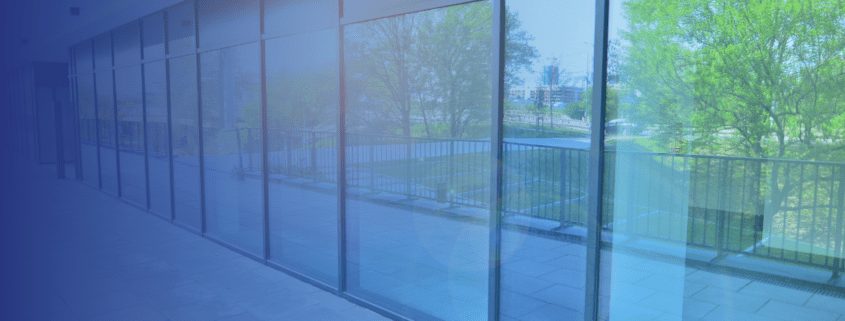From Residential to Commercial Property in Dubai
Converting residential properties into commercial spaces in Dubai can be a lucrative strategy for property owners looking to maximize their income. However, this process involves several legal considerations that must be carefully assessed and adhered to. Here are the essential steps to follow for a successful conversion.
Step 1: Understanding Dubai’s Legal Rules
The first step in converting a property is to have a solid understanding of Dubai’s legal framework. While the law does allow for the conversion of residential properties into commercial spaces, this is subject to various conditions. These include the nature of the intended commercial activity, the location of the property, and the regulations governing the community or neighborhood. It is crucial to be familiar with the permissible uses of your property following the conversion.
Step 2: Obtaining Necessary Approvals
Once you’ve gained a clear understanding of the legal rules, the next step is to obtain the required approvals. This involves submitting an application to Dubai’s Department of Economic Development (DED), which regulates such conversions. Your application must include a detailed explanation of the proposed commercial activity.
Step 3: Complying with Zoning Laws
Dubai’s zoning laws dictate appropriate uses for properties in different areas, whether for commercial, residential, or mixed-use purposes. Securing approval from the municipality is essential for converting a residential property into a commercial one, especially in popular areas like Khalifa or Jumeirah. Zoning rules also cover regulations related to parking, space allocation, noise levels, and signage for commercial properties in Dubai.
Step 4: Adhering to Master Developer Guidelines
In many parts of Dubai, master developers have their own guidelines regarding property conversions. It’s vital to understand and comply with these rules before proceeding with the conversion. This ensures that any modifications made to the property, such as a villa in Jumeirah, align with the master developer’s expectations.
Step 5: Complying with Community Rules
If the property is located in a managed community, the homeowners’ association rules must also be followed. These regulations are designed to protect the amenities and services enjoyed by residents. Failure to comply could result in fines or legal action from the association.
Step 6: Making Necessary Modifications
After securing all necessary approvals, modifications may be required to fit the property for commercial use, particularly if you plan to sell in Dubai. These changes must comply with the standards set by the Dubai Municipality and Civil Defense. This includes fire safety measures, hygiene standards, and other requirements depending on the type of business. Regular inspections may also be conducted to ensure compliance.
Step 7: Updating the Property Status
Once the conversion is complete, it is important to update the property’s status in the official records of the Real Estate Regulatory Agency (RERA) and the Dubai Land Department. Ensure that you keep all documentation proving the property’s official conversion to a commercial space, for example in areas like Business Bay.
Converting a residential property into a commercial space in Dubai requires careful planning and a thorough understanding of the complex legal landscape. While the process can be lengthy and challenging, strict adherence to the rules will facilitate the transition and maximize your return on investment. By following these steps, you can capitalize on the opportunities offered by Dubai’s commercial property market while avoiding legal complications, ensuring the best possible return on your investment.
For more information, contact us: support@merritt.group.



